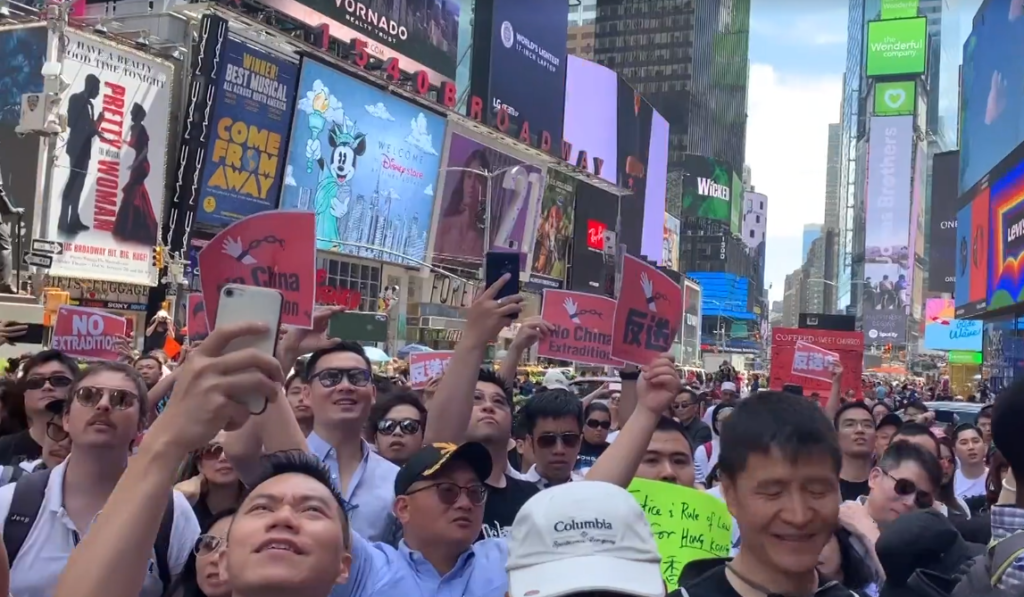Hong Kong Residents Want American Freedoms
Things are heating up in Hong Kong as protesters hold their ground and demonstrate against both their local and the mainland Chinese government.

The protests were sparked after City Executive Carrie Lam put forward an extradition bill, the Fugitive Offenders and Mutual Legal Assistance in Criminal Matters Legislation (Amendment) Bill 2019, that would have facilitated the transfer of fugitives to Mainland China and have them prosecuted under Chinese law.
Hong Kong citizens responded by taking to the streets to protest against this bill.
The pressure proved to be too much for Lam, and she withdrew the bill indefinitely.
The protests in Hong Kong’s streets continue with no apparent end in sight. However, news of Chinese armed forces mobilizing in the nearby mainland city of Shenzhen has raised speculation about a potential military crackdown against these protestors. Such action would be a tragedy for a Hong Kong, an enclave that has served as a beacon of freedom in an otherwise authoritarian nation-state. During some of the protests, certain demonstrators held up signs calling for a Second Amendment and other provisions in the America Bill of Rights. Some demonstrators even waved American flags. This may come as a shock to many free marketers. After all, Hong Kong is one of the freest economies in the world. It’s currently ranked as the world’s freest economy according to the Heritage Foundation’s 2019 Index of Economic freedom. However, this could all be in jeopardy due to Chinese expansion. Since the United Kingdom handed Hong Kong over to China in 1997, it’s no secret that the mainland Chinese government has wanted to fully incorporate Hong Kong into its political sphere. Hong Kong has maintained some degree of autonomy as a special administrative region, but Beijing still has a long-term goal to directly control Hong Kong. The extradition bill is just one of the first steps in politically consolidating Beijing’s hold over this jurisdiction. Hong Kong’s success was no coincidence. It was part of the legacy that its British rule left behind which emphasized individual rights and free markets. John James Cowperthwaite, the Financial Secretary of Hong Kong from 1961 to 1971, initiated a series of market reforms that helped put Hong Kong on the map as one of the freest and economically dynamic political jurisdictions on the planet. China, on the other hand, has thousands of years of governance ranging from imperial rule to its modern-day communist structure. In sum, it’s never had any form of classical liberal governance. This legacy persists into the present. Although China did reform along market lines under Deng Xiaoping, the country’s political institutions have not witnessed similar forms of liberalization. Currently, Xi Jinping’s leadership is trying to bring back authoritarianism reminiscent of China’s Maoist past through its notorious tech censorship measures. As Americans, we should remember how privileged we are by just looking at our political freedoms. While the U.S. state has grown extensively, America still features many civil liberties such as the right to bear arms, free speech, and due process that makes the country the political envy of the world. That does not mean we should remain complacent, but we should still gain some perspective. Some people’s relationship with government is a matter of life and death in many parts of the world. For Hong Kong’s residents, the next few months will be pivotal as the threat of a military crackdown looms.What do you think?
Rate the degree to which government authorities should intervene on this issue:

Author
Advocates for Self-Government is nonpartisan and nonprofit. We exist to help you determine your political views and to promote a free, prosperous, and self-governing society.


























